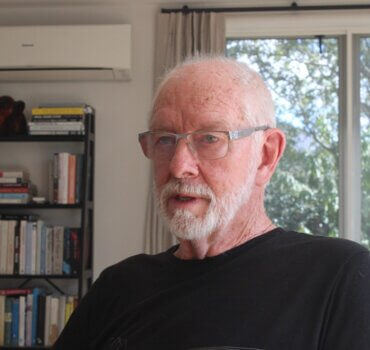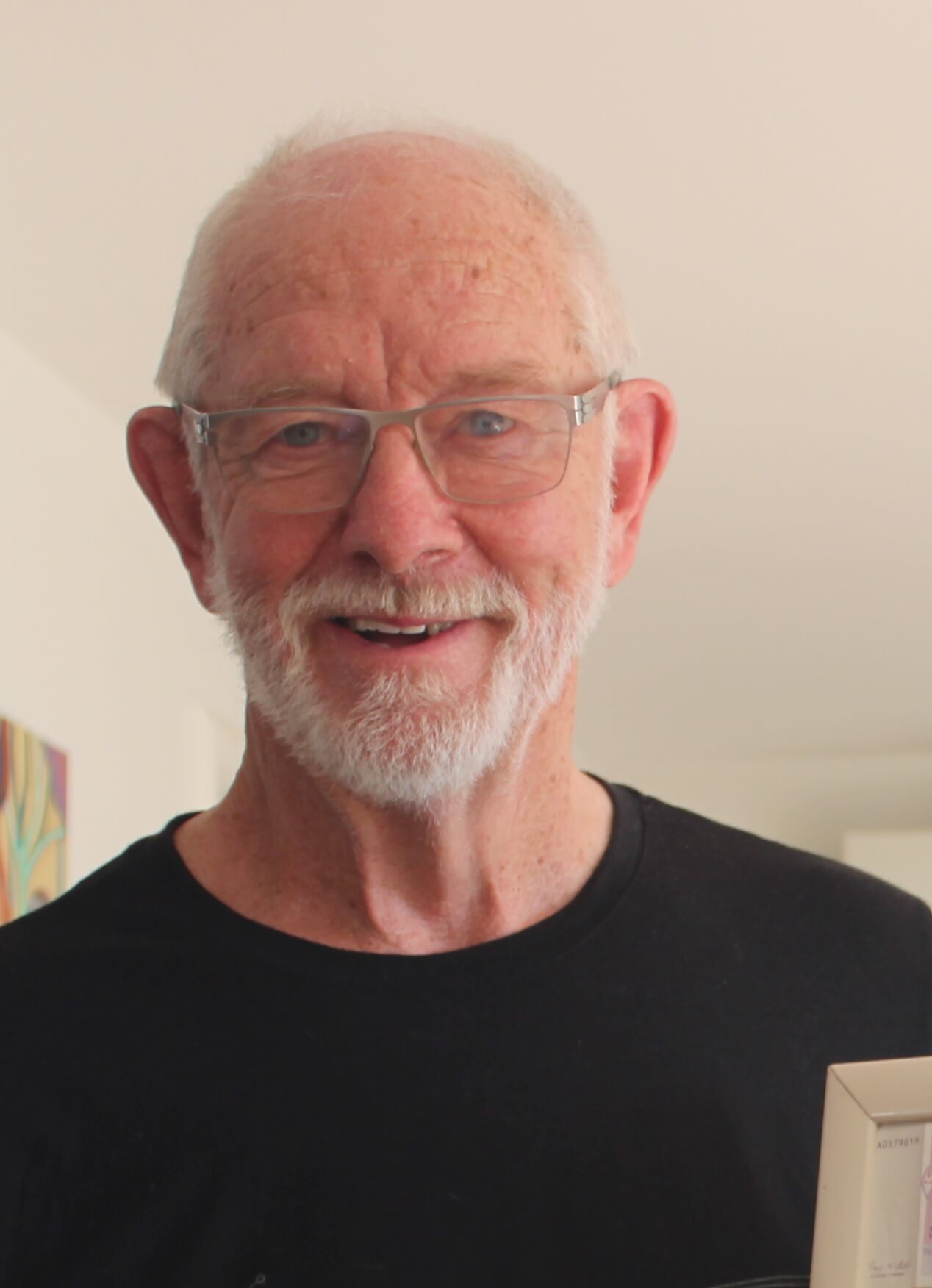
Peter Nicholl

Peter Nicholl
My 14 March column was titled ‘what is wrong with NZ?’ I had been surprised and even shocked by the number of stories appearing that I would have expected to refer to third-world countries I have lived in or visited, but not about New Zealand.
Recently, I have been collecting similar stories as I read the news each day.
In less than two months, the list of stories I would not have expected to read about New Zealand is already enough to fill at least two more columns.
Here are a few of the most surprising or alarming ones…
- A new Auckland surgical building cannot open due to a lack of staff. It was intended to open in stages but the first stage was supposed to be in December 2023, and then in April 2024 – and now they don’t know when.
- Planned cuts to public service staff so far won’t even wind back the staff increases of the last six months of 2023. Why did that strong expansion in staff numbers occur when there was an election under way? Why are the chief executives who hired all those new staff last year now the ones charged with bringing numbers down again? The first ones to lose their jobs should be them.
- A majority of respondents to a recent survey on the state of the nation agreed New Zealand society is broken and the country is in decline.
- Plans for a new billion-dollar emergency services radio network are ‘off-track’.
- A review of the emergency responses to Cyclone Gabrielle found that ‘familiar laxities’ present in New Zealand’s responses to emergencies for 20 years or more were still present. Another item in the same story said 25 reviews of emergency responses to Cyclone Gabrielle and the Auckland storms were underway.
- NZ is prolific when it comes to reviews and reports, but will anything actually be done as a result of all these reports? The past track-record is not encouraging.
- The Wynyard quarter bridge, which is only a few years old, is locked in an open position and it will take months to fix. Meanwhile, the businesses that depend on the bridge for customer access are being hit severely. A letter to the editor of a publication pointed out that the previous bridge had operated without problems for 60 years
- Coming closer to home, a Cambridge resident pointed out to the Waipā District Council that their so-called ‘data-based review’ for the location of a third bridge across the river had used traffic data from the period during the Covid-19 red light traffic settings, a period when traffic flows were clearly distorted. Senior council officers told her they were not aware of this. Really? Using inappropriate data as a basis for a major project is worse than using no data and relying on common sense and consultation.
- The NZ Statistics Department may be forced to drop poverty surveys because they are too expensive. This would be a very third-world approach to a policy problem. Don’t measure it and maybe no-one will notice there is a problem.
I will over the next month focus on collecting positive stories about what’s happening in New Zealand.
Hopefully, I will get enough material to write a positive column to provide a counter-balance to this negative one.

Peter Nicholl








